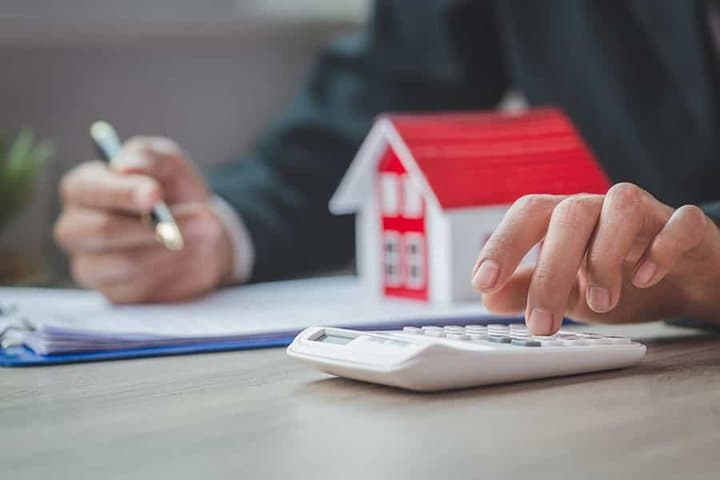Understanding Right to Buy Costs: A Comprehensive Guide
Right to Buy can be a great way of stepping onto the housing ladder, but first you need to work out if you can afford it.

Right to Buy can be a great way of stepping onto the housing ladder, but first you need to work out if you can afford it.

Compare moving quotes in 4 simple steps